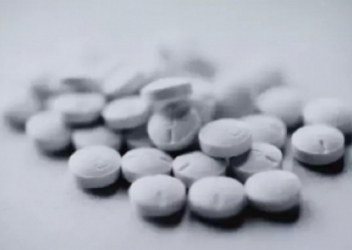Research In Action
Research In Action
Breadcrumb

The New York Times recently published two pieces (here and here) on the diagnosis and treatment of attention deficit hyperactivity disorder (ADHD), suggesting that, among other things, pharmaceutical companies, doctors, and even parents have added to what is the perceived overdiagnosis of this neurodevelopmental difference and that the benefits of medication as a primary treatment have been overblown.
As a developmental pediatrician who evaluates and manages ADHD in children on almost a daily basis, I appreciate the need to be cautious about overdiagnosis and prescribing medication when unnecessary, but we also need to take ADHD symptoms seriously, especially when they affect injury prevention and driving.
As a review, the diagnosis of ADHD requires significantly elevated symptoms of inattention and/or hyperactivity/impulsivity in at least two different settings (generally home and school), manifesting before the age of 12 years. In my developmental pediatric practice, my colleagues and I conduct rigorous evaluations of any child suspected of having an attention disorder.
This includes in-depth interviews with parents, careful and direct observation of the child, standardized developmental testing, and the solicitation of relevant information from teachers and therapists (typically with standardized rating scales). The diagnosis is only made when children meet specific criteria and we consider other potential reasons for apparent attention deficit (e.g., learning disorders).
Watch Out for Overprescribing
Then I discuss with my families that there are generally three arms of treatment: environmental modifications, individual/parent behavioral training, and medication. My threshold for prescribing medications is when a child's safety or learning is at risk, and I never recommend medication without recommending behavioral strategies as well.
The reasons why medications may appear to be the only strategy in place are beyond the scope of this blog post but very likely include availability of and access to behavioral/mental health resources. When it comes to my teens with ADHD who are interested in driving, I strongly recommend medication treatment to ensure their safety on the road, as there is fairly compelling evidence that stimulant treatment does improve safe driving behaviors.
While I agree that we need to be rigorous when it comes to diagnosing ADHD in children and mindful that we are not overprescribing stimulant medications, we also need to continue to recognize the real toll that ADHD symptoms can have on a child and teen's well-being and safety.
When it comes to driving, we need continued research to develop individualized and tailored behavioral training strategies for teens to supplement medication treatment. Click here for more information on driving in teens with ADHD and other neurodevelopmental differences.




